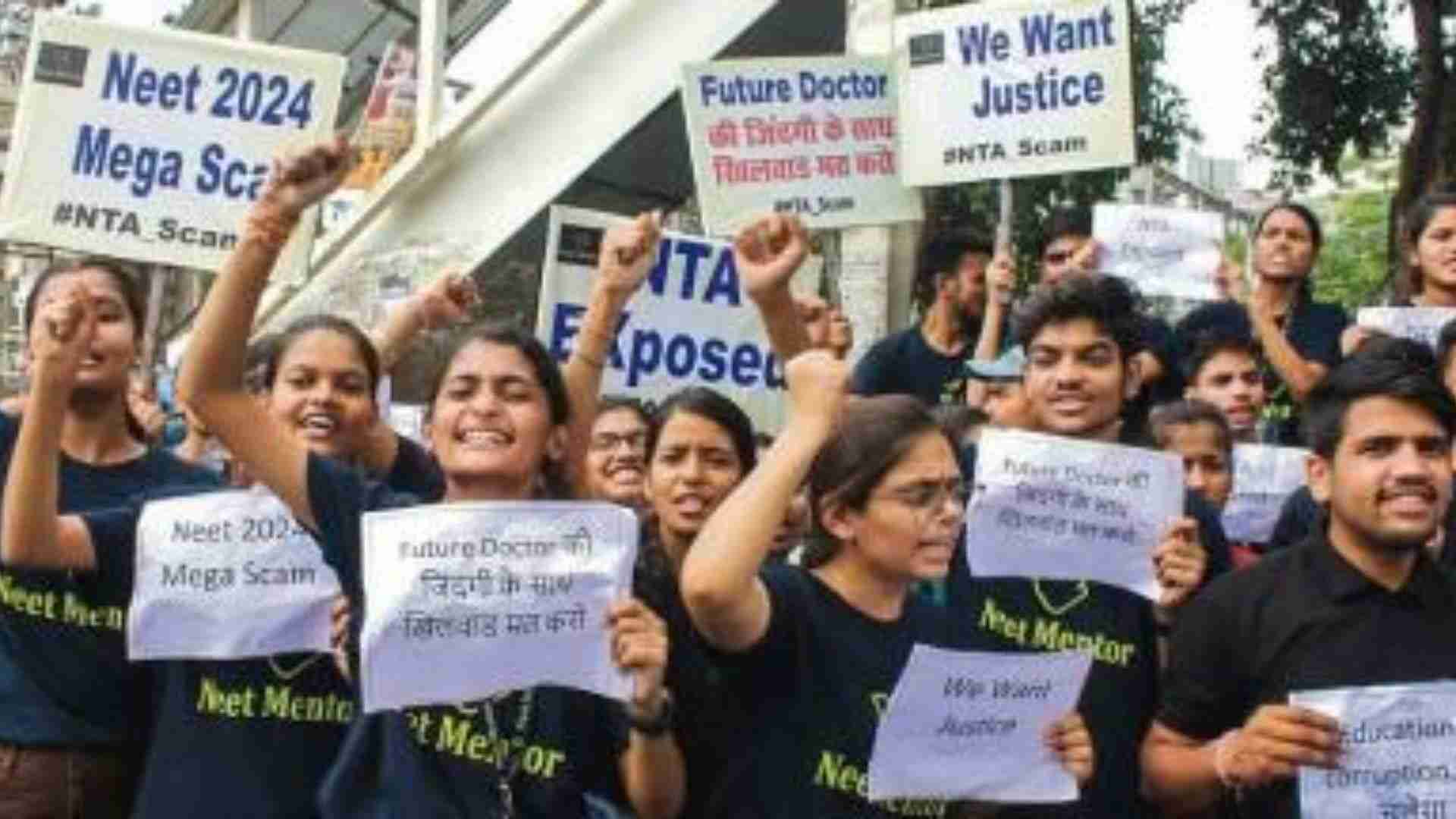In 2024, India has faced serious problems with several important exams, including the National Eligibility cum Entrance Test for undergraduates (NEET UG), the University Grants Commission National Eligibility Test (UGC NET), and the Common University Entrance Test (CUET). These issues have revealed major weaknesses in the exam system and have had significant impacts on everyone involved, especially students.
Reports of exam paper leaks for NEET UG surfaced in states like Bihar and Uttar Pradesh, where question papers were allegedly shared hours before the exams. There were also many technical problems, including server failures and issues with biometric verification systems. The UGC NET, crucial for determining eligibility for teaching and research fellowships, also faced difficulties. The switch to an entirely offline format did not go as planned, and there were reports of paper leaks as well. The CUET, used for undergraduate admissions, encountered its own set of challenges, including poor management, wrong exam center allocations, last-minute schedule changes, and errors in the question papers.
Several underlying factors contributed to these problems. A major issue is the outdated technology used in the exam infrastructure. The rapid move to digital testing hasn’t been matched by improvements in technology and security. Many exam centers are not equipped to handle the technical demands, leading to frequent crashes and software failures. Moreover, the staff managing these systems often lack proper training.
Administrative inefficiencies also play a big role. Centralized management of these exams can result in poor communication and coordination at the local level. This often leads to delays, incorrect center allocations, and other logistical issues. Bureaucratic delays and a lack of accountability among officials add to these problems, making the administration of exams even more complicated.
Corruption and malpractices are significant issues too. The high stakes of these exams make them targets for dishonest practices. Incidents of bribery, organized crime involvement in paper leaks, and unfair means used by candidates undermine the integrity of the exams. These issues not only harm the merit system but also erode public trust in the education system.
The effects on stakeholders are deep and widespread. Students, who are the main stakeholders, are most affected. The stress and uncertainty caused by these problems can lead to severe psychological effects like anxiety, depression, and even suicidal thoughts. The credibility of their hard work is questioned, causing demotivation and disillusionment. Parents, who invest a lot of time, money, and emotion in their children’s education, also suffer. They face financial burdens from repeated exams, additional coaching, and potential legal fees. Regulatory bodies responsible for these exams are under immense pressure to restore trust and ensure smooth and fair exams in the future. They need to implement technological upgrades, improve administrative processes, and tackle corruption.
To tackle these challenges, a comprehensive approach is needed. Improving technology is crucial. This means upgrading hardware and software systems and ensuring strong cybersecurity to prevent leaks and other issues. Regular system audits and stress tests can help identify and fix vulnerabilities. Training staff to handle technical problems effectively is also important.
Administrative reforms are needed as well. Decentralizing some aspects of the exam process can enhance efficiency and accountability. Establishing clear protocols and guidelines, and providing regular training for administrative staff, can help reduce errors and improve overall management. Greater transparency in the allocation of exam centers and the issuance of admit cards can also help minimize confusion.
Combating corruption requires a strong regulatory framework and strict enforcement of anti-corruption measures. This includes punishing those involved in wrongdoing and implementing preventive measures such as better monitoring, stricter verification processes, and advanced technologies like blockchain for secure record-keeping.
Finally, supporting students’ mental health is crucial. Providing counseling services and support systems can help students cope with the stress and anxiety caused by these issues. Educating students and parents about available resources and encouraging open conversations about mental health can help reduce the negative effects of exam-related stress.







